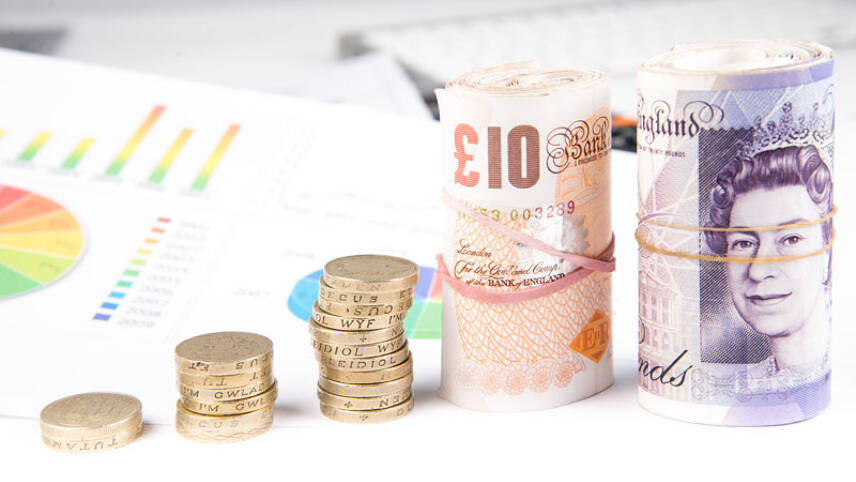Register for free and continue reading
Join our growing army of changemakers and get unlimited access to our premium content

The survey, conducted by SAP, found that 31% of businesses have already seen a “strong” positive impact on revenue and profits through improving their sustainability credentials.
And more than half (57%) expect to see a return on investment from at least one key green project in the next five years.
Yet 28% of those surveyed said they have difficulty building the business case for environmental projects. Challenges can include high upfront technology costs and long payback times, or benefits that are not easily quantified in annual financials, such as increased attractiveness to potential and existing employees.
Commenting on the findings, environmental economics professor Edward Manderson said: “The connection between sustainability action and financial performance will play a critical role in shaping environmental progress in the future.
“Over the last few years, academic literature has shown that firms benefit financially from sustainability measures, and SAP’s research demonstrates that this is indeed a reality for businesses who are looking to recover fast from the pandemic environment.
“As this research shows, business strategy and sustainability action are now so intertwined that there is simply no excuse for organisations if they fail to address shortcomings in their environmental performance and enact meaningful change.”
Short-term pressures
Contrary to Manderson’s assertion, many businesses are making excuses to put sustainability on the back burner due to current economic pressures.
SAP’s research found that eight in ten British businesses will maintain or increase their investment in sustainability action through to 2026.
Similarly, a new Accenture report out this week, based on a survey of 1,000 business leaders globally, revealed that 38% feel unable to make additional investments in the low-carbon transition at the moment due to cost pressures.
Accenture is warning that unless businesses in energy-intensive, hard-to-abate sectors “break this economic stalemate” and invest in the next few years, they could undermine the delivery of the global Paris Agreement on climate.
Accenture’s research assessed the climate targets and decarbonisation progress of the world’s largest 2,000 listed companies.
While 37% of these companies have set net-zero targets, only 18% of the firms are decarbonising at a rate that will get them to net-zero operational emissions by 2050. In fact, half have actually seen emissions rising year-on-year.
Accenture’s global resources industry practices chair and sustainability services lead Stephanie Jamison said: “If heavy industry is burdened with the full cost of decarbonization and fails to meet net-zero targets, all industries will fail.
“Stakeholders around the world and across industries and governments must come together to create a new frontier for the economics of decarbonisation, giving heavy industry a firm foundation for reinvention.”


Please login or Register to leave a comment.